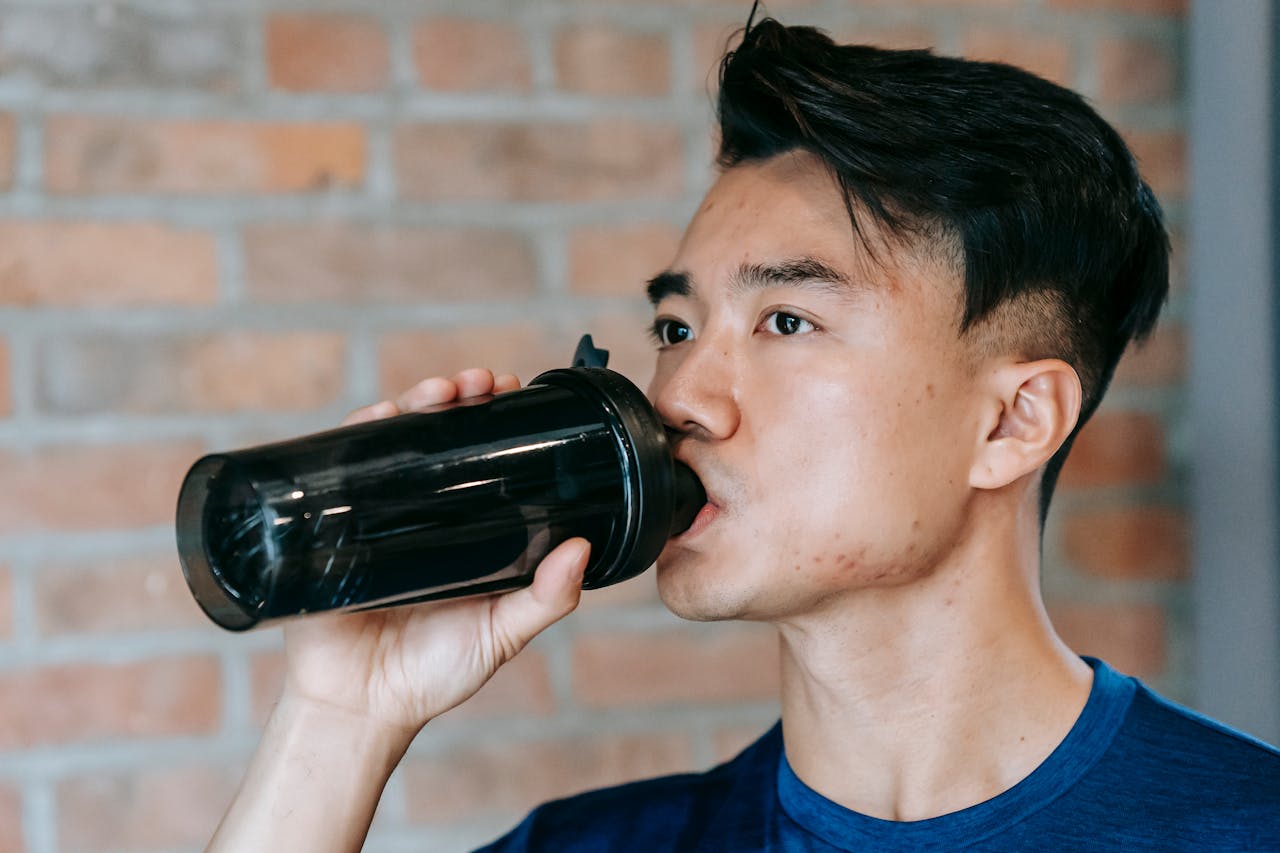Why product safety should be a top priority in your health journey
When you think about health, product safety might not be the first thing that comes to mind. But it should be up there with your workouts, your nutrition, and your sleep.
You may think you are making smart decisions while buying supplements, gear for workouts, or trying the latest, greatest wellness gadget people are raving about. But how often do you stop and ask, "Is this actually safe?" In the rush to be healthier, it's easy to miss one key aspect—safety.
And when it goes wrong, it isn't always a little wrong. Sometimes, it can be very wrong. This means that whether you're just starting your health journey or you're knee-deep in it, the products you choose matter more than you think.
In this article, you are going to learn why product safety is not optional, the potential risks to be aware of, and how to ensure you can still be safe while meeting your health objectives.

Source: Pexels
Why product safety must be a priority
Your health journey should move you forward. But one unsafe product can set everything back—or worse. Here's why putting product safety first is non-negotiable:
1. It can derail your health goals
You might think a supplement labeled “natural” is harmless. Or that a resistance band from a popular brand must be safe. But if a product hasn’t been tested or approved by a third party, you can’t be sure what’s really in it, or how your body will react.
Even minor side effects like bloating, dizziness, or skin irritation can mess with your routine. A faulty fitness tool can lead to a pulled muscle or strained joint. When that happens, your progress slows. You lose motivation. And you’re left frustrated, wondering what went wrong.
Your efforts deserve better. You work hard to stay consistent—don’t let an unsafe product undo that work.
2. Some products can be life-threatening
Now let’s talk about the worst-case scenario. Faulty products aren’t just inconvenient. They can be dangerous.
There have been cases where mislabeled supplements contained hidden stimulants or allergens. Some even involved contamination or incorrect dosage instructions. And unfortunately, some families have had to deal with heartbreaking losses because of it.
When tragedies like this occur, families often seek wrongful death legal advice to understand what went wrong and who should be held responsible. These aren’t just rare stories—they’re reminders that your health products must be held to high standards. No one should lose a loved one over a mislabeled powder or defective piece of equipment.
3. Not all labels tell the truth
Marketing is powerful and sometimes misleading. A product might look clean, professional, and trustworthy on the outside. However, the label may hide vague ingredient lists, false claims, or missing safety warnings.
In the U.S., not all health supplements or fitness items are tightly regulated. That means companies can launch products without thorough testing. You assume what you're buying is safe, but that assumption can cost you.
Don’t trust fancy packaging alone. Always read labels closely, and be wary of anything that feels too good to be true.
What to look for before you buy
Before adding a new product to your routine, pause for a moment. Ask a few questions. Look deeper. A little caution now can save you a lot of stress later.
- Check certifications. Look for FDA approvals (for applicable items), NSF seals, or third-party testing.
- Read the ingredients. If you don’t recognize something, or it’s not fully disclosed, that’s a red flag.
- Research the brand. Are they transparent about sourcing? Do they have any product recalls or complaints?
- Look at the packaging. Missing instructions, unclear dosages, or exaggerated health claims are signs to walk away.
Quality products don’t need to hide behind vague marketing. You deserve clear, honest information.
How to report unsafe products and protect others?
If a product harms you or someone you know, don’t stay silent. Reporting it can help protect others from the same issue.
- Contact the right agency: For supplements or medications, report to the FDA. For equipment, contact the CPSC (Consumer Product Safety Commission).
- Share your experience: Leave detailed reviews on the product page or public forums. It helps future buyers make informed decisions.
- Save the evidence: Keep the product, packaging, receipts, and any medical records. If needed, this helps prove what happened.
- Seek legal help if necessary: If the harm is serious, especially involving long-term health damage or loss of life, legal support can help you understand your options. It’s not just about compensation—it’s about accountability.
Your voice matters. Reporting unsafe products improves safety standards for everyone.
Conclusion
When you think about health, product safety might not be the first thing that comes to mind. But it should be up there with your workouts, your nutrition, and your sleep. One careless purchase can do more harm than good. But when you take time to ask questions, check labels, and stay informed, you protect your body—and your peace of mind. Always choose safety because your wellness should never come with hidden dangers.
Read next: The top 5 most effective muscle-building supplements
